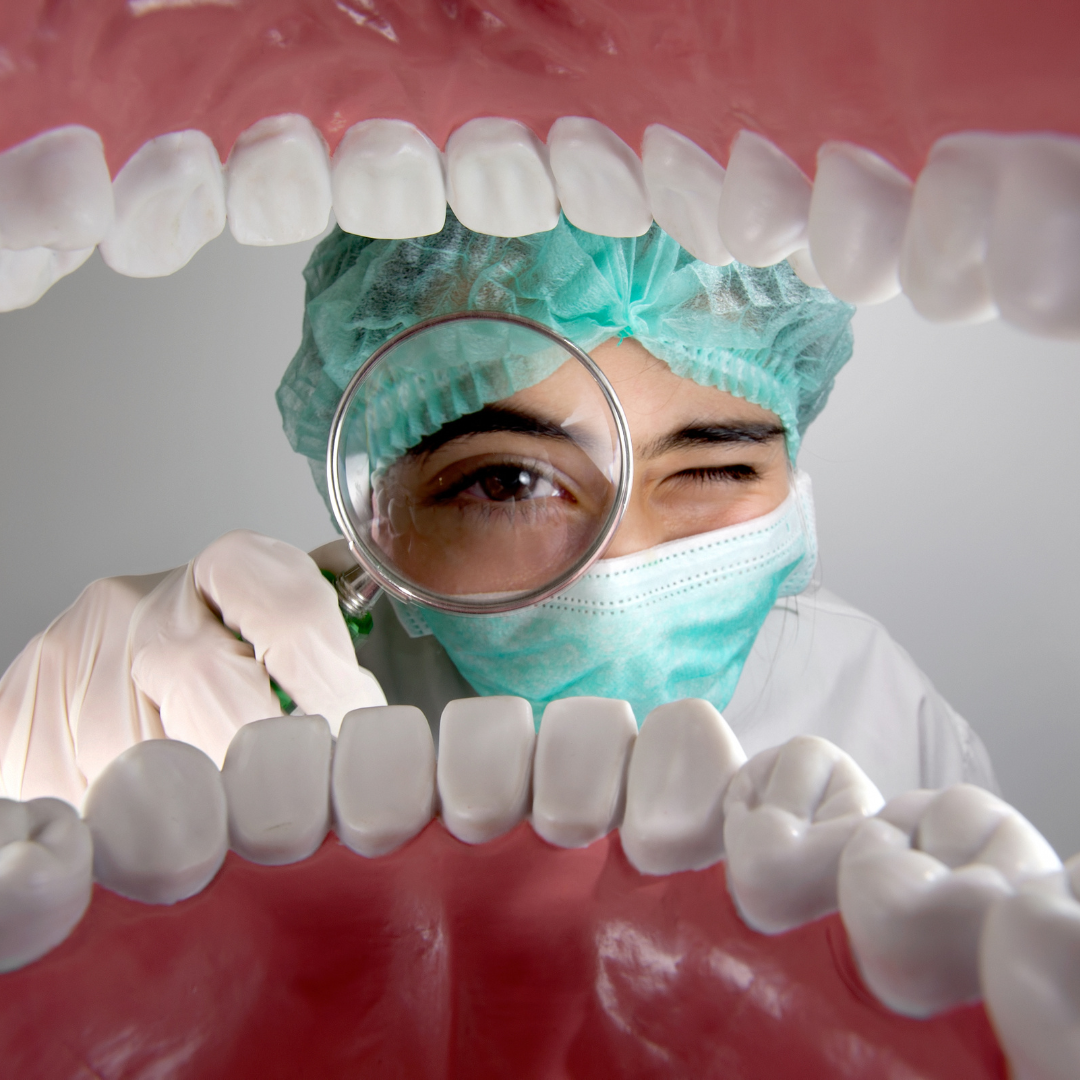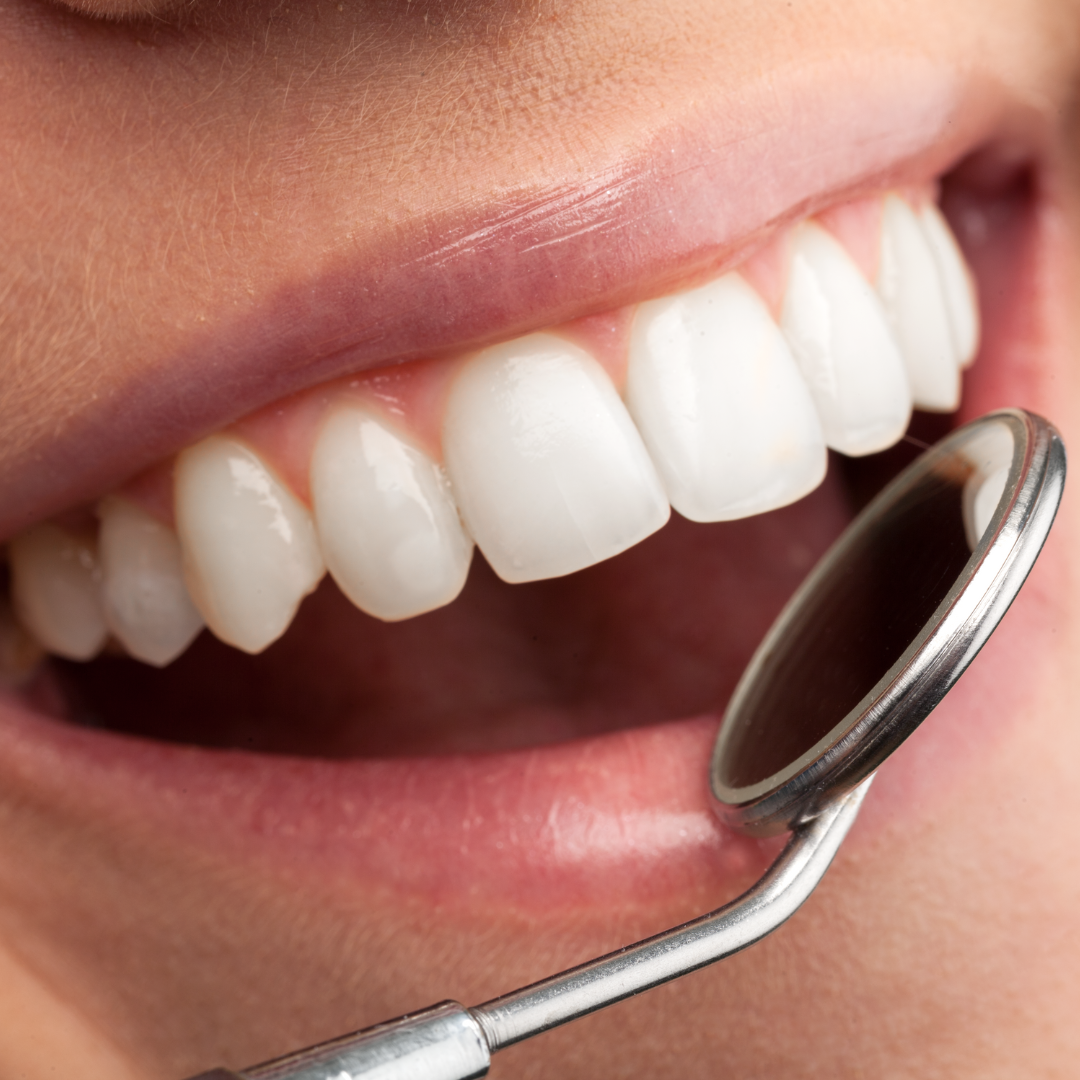Oral pathogens, can produce systemic disease. Systemic means affecting the entire body, rather than a single organ or body part. For example, systemic diseases, such as the flu, affect the entire body.
Oral bacteria exhibit highly specific adherence mechanisms and as a result they colonize and cause disease principally in the oral cavity.
Recent studies have revealed that oral bacteria themselves may enter the bloodstream, form into clumps, and trigger systemic inflammation and disease.
Additionally, "it has been recognized that oral infection, especially periodontitis, may affect the course and pathogenesis of a number of systemic diseases, such as cardiovascular disease, bacterial pneumonia, diabetes mellitus, and low birth weight." *
Reference: Li, X., Kolltveit, K. M., Tronstad, L., & Olsen, I. (2000). Systemic diseases caused by oral infection. Clinical microbiology reviews, 13(4), 547–558. https://doi.org/10.1128/CMR.13.4.547


Please follow these recommended Oral Hygiene Instructions (OHI) shared by dental professionals.
1. Brush your teeth at least twice a day. 2. Use fluoride toothpaste and a soft-bristled toothbrush. 3. Brush your tongue daily. 4. Use an antibacterial mouthwash every day. 5. Visit your dentist regularly. 6. Use ArmiGard® to kill 99.999% of germs associated with these common oral health issues: * Plaque Buildup * Bad Breath * Strep Throat * Flu * MRSA * COVID * Pneumonia * Common Cold

